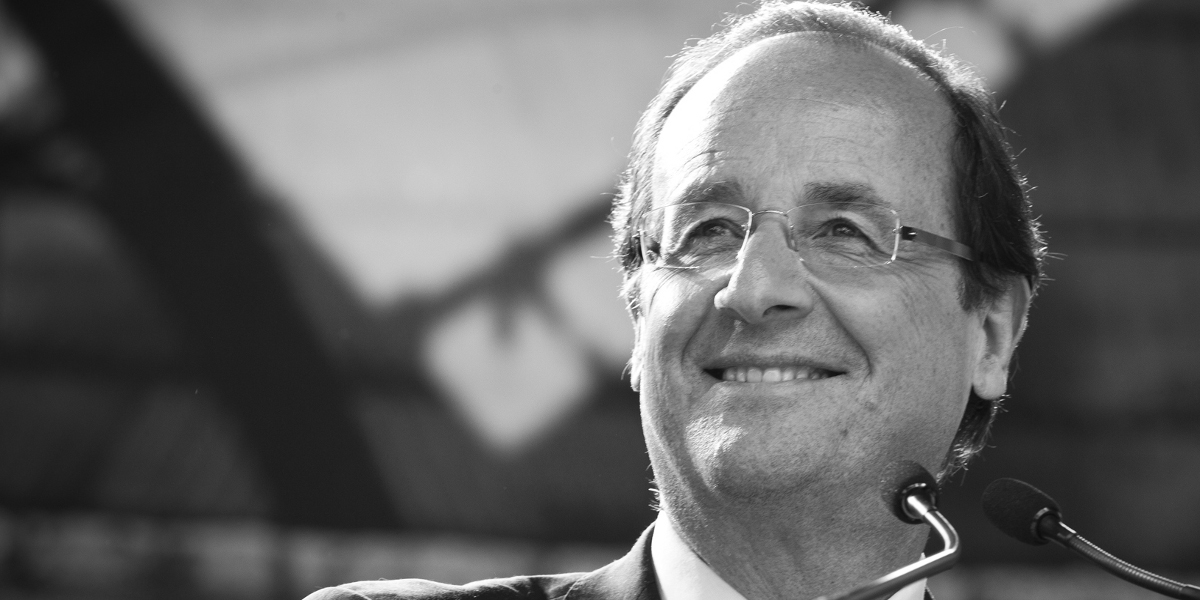Austerity is not a foregone conclusion
“Austerity is not a foregone conclusion”. In this phrase we are reminded that almost everything in politics, from the sort of economy we have, the nature of our democracy to the quality of our public services are not foregone conclusions....
“Austerity is not a foregone conclusion”. In this phrase we are reminded that almost everything in politics, from the sort of economy we have, the nature of our democracy to the quality of our public services are not foregone conclusions. Rather they are the result of choices.
Why has the election of Francois Hollande done so much to inspire the left across Europe ? Beyond the rarity of centre-left electoral success in recent years, this simple phrase with which the new President accepted victory reminds us of our core purpose in politics.
Some of the choices we make in politics are intentional and explicit. Others are more covert, perhaps the outcome of indecision or the consequence of a failure to act. Some of these choices are driven by individual actors. Some by large groups such as central government departments, trade unions or corporations. Fundamentally though, the choices that people make to a large extent construct the realities and characteristics of the world we live in. Therefore, while choices arise from both decision and indecision, our progressive aims will only be achieved when we make them intentionally. Nor will we ever construct resonant arguments with which to capture the public imagination in the absence of these clear choices and decisions.
At its best politics unites groups of people to address complex problems: it should enable change in society and the economy by designing programmes to affect some of these choices. This progressive outlook rejects the perspective promoted by organisations such as the Institute of Economic Affairs (IEA). This is the view which understands politics and governance as separate to the sphere of the market, and relies on the argument that markets mechanisms are always more effective in dictating the choices by which societal outcomes are made. The mistake of this separation was demonstrated in the financial crisis of 2008: an absence of political and economic interaction meant that massive externalities were overlooked. This was understood very well by Adam Smith who recognised that without sufficient intervention, markets were prey to capture by monopoly which ultimately undermines their productive function.
An alternative vision begins from the recognition that markets are human constructs, the health and efficacy of which rely on the presence of choice and agency. Of course, the way in which we understand this health and efficacy, as well as the arsenal of choices at our disposal, will be determined by our ideas and values. This powerful but increasingly forgotten fact is highlighted in a new book by eminent economists and social scientists from the US and Europe, Be Outraged: There are Alternatives. Citing evidence from economic history and social indicators of the folly of our current direction, the authors demonstrate that an alternative exists: ‘Fiscal policy that aims to balance the budget along with expansionary expenditure’. The message of the authors of Be Outraged is that shared by Hollande: the grim reality of ordinary people across Europe is not a foregone conclusion.
This should act as a call to arms to those on the left. For too long ‘there is no alternative’ has clouded the choices available to us. Immediately, Hollande’s position on the 75% tax rate has turned recent political orthodoxy on its head. His belief in the structures of good capitalism as a catalyst for progressive deficit reduction, increasingly reflected across the Channel in the thought of the Labour front bench, provides further encouragement. Whilst currently a direction of travel rather than a specific policy intervention, it serves to remind those on the left that the strength of our choices and political agency are ultimately determined by the power of the ideas that rest on our fundamental values. What Hollande’s acceptance speech and interventions such as Be Outraged remind us is that we do have choices. With the commitment to a 75% tax rise the Socialist President has made his choice. With the abolition of the 50p rate of tax, David Cameron and Osborne have made theirs.
The ideas of the coalition government were sold as those taking the tough decisions that the country faced. But what we are left with is a double-dip recession made in Downing Street. Next time we hear there is no alternative, let us remember Hollande’s lesson.
